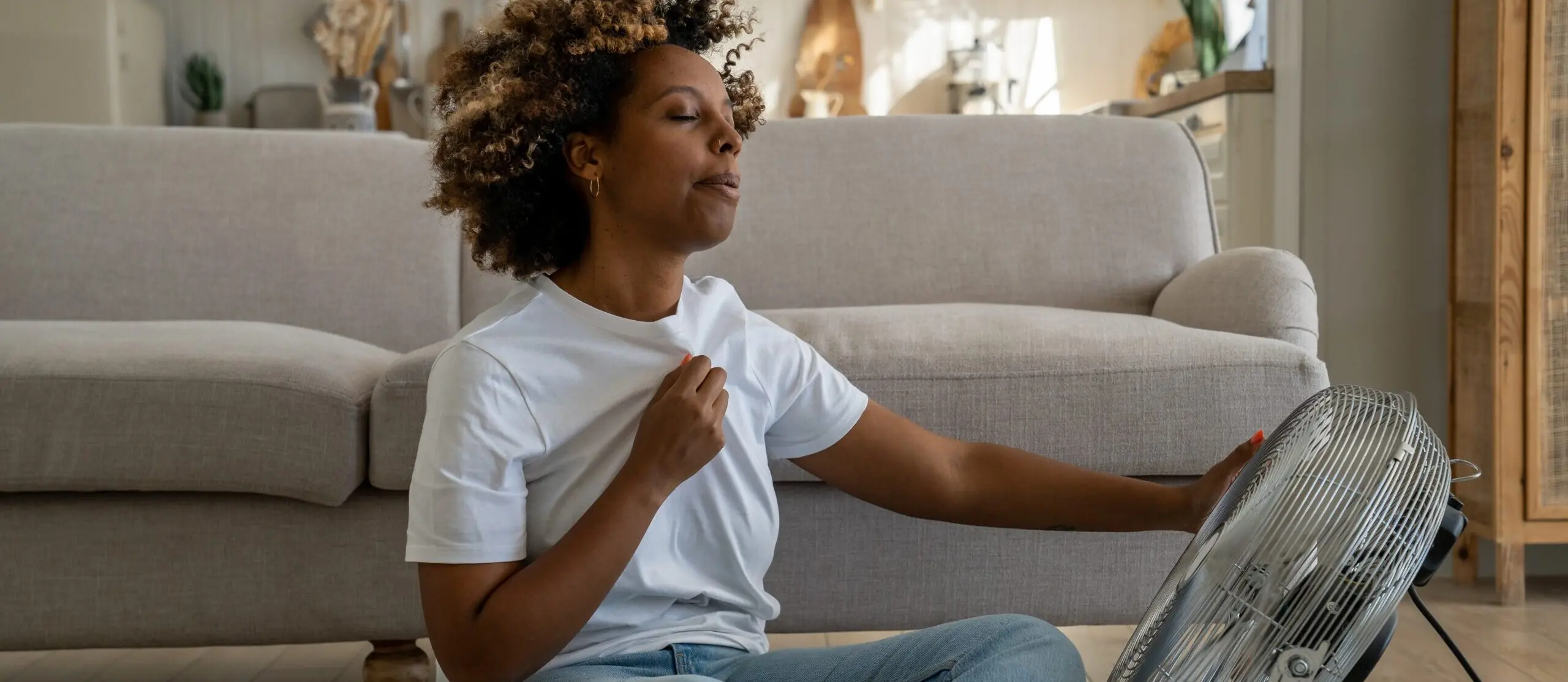

Hot Tips to Stay Cool During Extreme Heat
By: Silke Schoch, MA, Director, Research & Programs, National Health Council
As the United States endures an extreme heatwave this week, it is critical to take action to keep you and your loved ones healthy. This is especially important for those living with a chronic disease or condition, as heatwaves can exacerbate conditions like respiratory and cardiovascular diseases, diabetes, dementia, renal disease, and musculoskeletal disease, according to the World Health Organization. Heat can also cause general psychological side effects such as anxiety, increase in stress hormones, and sleep disruptions.
Medications are not spared from the effects of extreme heat: heat can degrade medications like inhalers, EpiPens or insulin. People taking medications that interact with fluid balance, such as diuretics, antipsychotic medications, antidepressants, and antihypertensive agents, can also be at higher risk of harm in hot weather. Other common treatments that can put an individual at risk during heat events include aspirin, antacids, laxatives, beta-blockers, Selective Serotonin Reuptake Inhibitors (SSRIs), and anticonvulsants. Anyone taking these medications as prescribed or needed should continue to do so while also taking steps to lower heat exposure. As always, you are encouraged to create a plan with your physician or primary care provider on how to adjust medication use during extreme weather events.
Some tips from to the U.S. Centers for Disease Control and Prevention (CDC), to lower risk of heat-related injuries include:
- Staying hydrated
- Carrying a bottle of water wherever you go
- Taking shelter and breaks from the heat
- Finding a shady spot if you are outside
- Checking in with friends and family who are vulnerable to heat-related injuries
- Exercising and do outdoor activities during the early morning or evening hours
- Knowing the signs of overheating (e.g., muscle cramping, heavy sweating, shortness of breath, dizziness, headaches, etc.)
- If your medication needs to be refrigerated, have a backup plan in the event of power outages
If you see someone who is unhoused, or is unable to access areas with cooler temperatures, consider finding a cooling center in your city. You can also contact 2-1-1 for local information.
Learn more about the impact of extreme heat on patients with one or more chronic conditions and community level patient-engagement strategies to mitigate these risks in the NHC Research Brief “Heated Conversations: Improving Heat Related Outcomes Through Climate Communication.“


